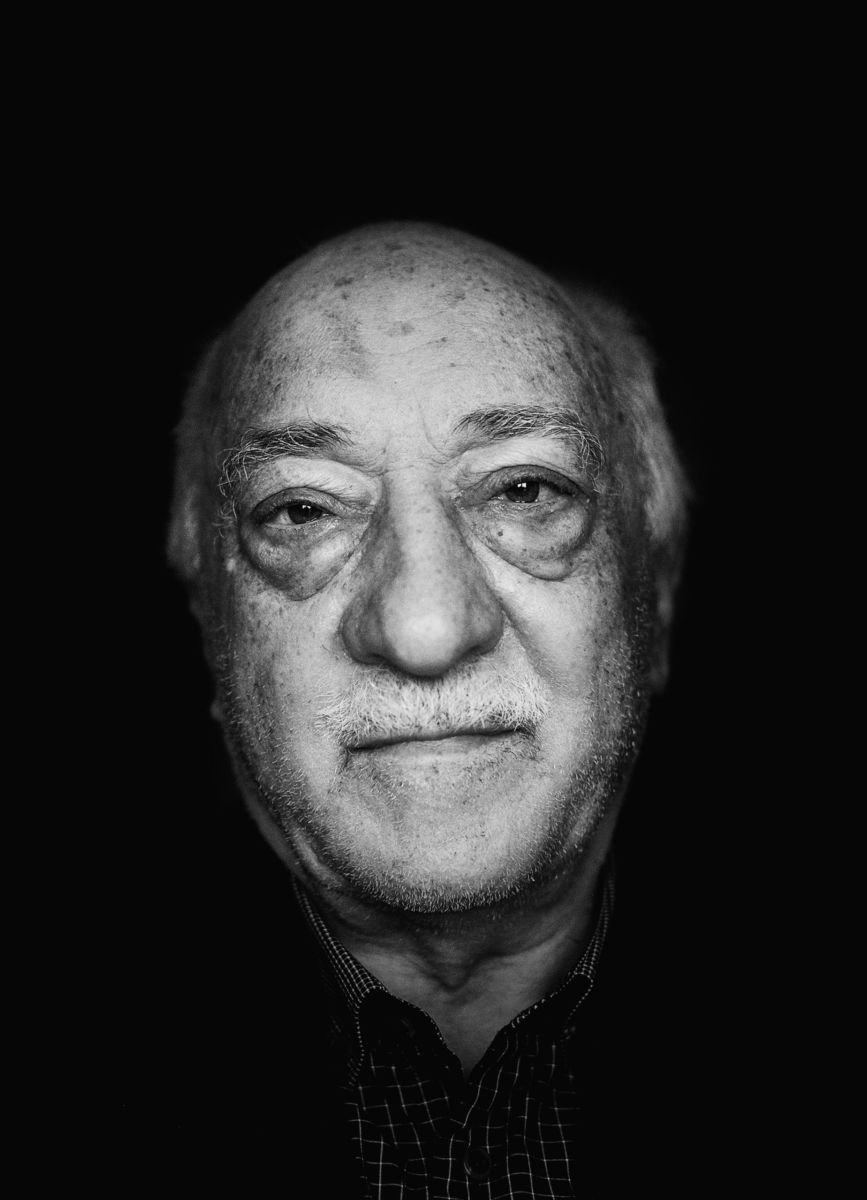The New Yorker has a must-read-to-believe story on Fethullah Gülen, the Turkish spiritual and movement leader who, from his perch in rural Pennsylvania, has been accused of orchestrating a state takeover in Turkey, including the recent coup attempt.
Dexter Filkins starts off skeptical and then keeps uncovering layer after layer of decades-old plans to co-opt the state. The organizational mastery, if true, is amazing.
An example:
In a taped sermon from the late nineties, Gülen exhorted his followers to burrow into the state and wait for the right moment to rise up. “Create an image like you are men of law,” he told them. “This will allow you to rise to more vital, more important places.” In the meantime, he urged patience and flexibility. “Until we have the power and authority in all of Turkey’s constitutional institutions, every step is premature,” he said. But, ultimately, he promised, their work would provide “the guarantee of our Islamic future.”
Keleş told me that the chief targets of infiltration were the police and the judiciary. The schools and test-preparation centers were central to the plan. At the schools, acolytes were recruited at an impressionable age; at the centers, they were prepared for entrance examinations to the country’s bureaucracy. In many cases, “brothers” within government agencies fed answers to Gülenist candidates. Once the recruits were hired, fellow-Gülenists promoted them and furthered their careers.
In infiltrated police departments, each Gülenist officer had a code name, and each unit was overseen by an outside “imam,” regarded by the officers as a higher authority than the police chief. By the early nineties, Keleş said, he had become the movement’s “imam” in Central Anatolia, overseeing fifteen cities. By then, he estimated, forty per cent of the police in the region were followers, and about twenty per cent of the judges and prosecutors. “We controlled the hiring of the police, and the entrance exams, and we didn’t let anyone in who wasn’t a Gülenist,” he said.
…Gülen’s followers recognized that they needed greater numbers in the military. A former A.K.P. member named Emin Şirin told me that in the fall of 1999 he visited the compound in Saylorsburg, and Gülen told him that a “golden generation” of acolytes were working their way into Turkey’s institutions. If a more tolerant general was appointed to lead the military, he said, it would “bring me peace.” He mentioned General Hilmi Özkok as a desirable candidate. “I thought what I heard was insane,” Şirin recalled. But in 2002 Özkok was named chief of the Army, and the vigilance within the military relaxed. According to Jenkins, Gülen’s followers began to fill the ranks. “This created an enormous amount of unease in the officers corps,” he said.
Full story. I would be keen to hear form my Turkish academic colleagues what this story gets right and wrong. No ideologues from any side, please.


3 Responses
Dexter Filkins starts off skeptical and then keeps uncovering layer after layer of decades-old plans to co-opt the state. The organizational mastery, if true, is amazing.
golu dolls
golu dolls
This is a great summary. I would say he is spot on about the important events, though there are many other Gulenist operations to capture the state and silence its critics that are left out. The challenge for Turkish academics and journalists knowledgable about the Gulen movement have been two-fold, the threats from the Gulenists, and the difficulty of explaining the unique nature of the movement to outside observers without sounding paranoid. Dani Rodrik, Gareth Jenkins, Claire Berlinski has nice pieces on the Gulenists.
Dani Rodrik has already written a bit about Gulenism, and he takes it seriously.